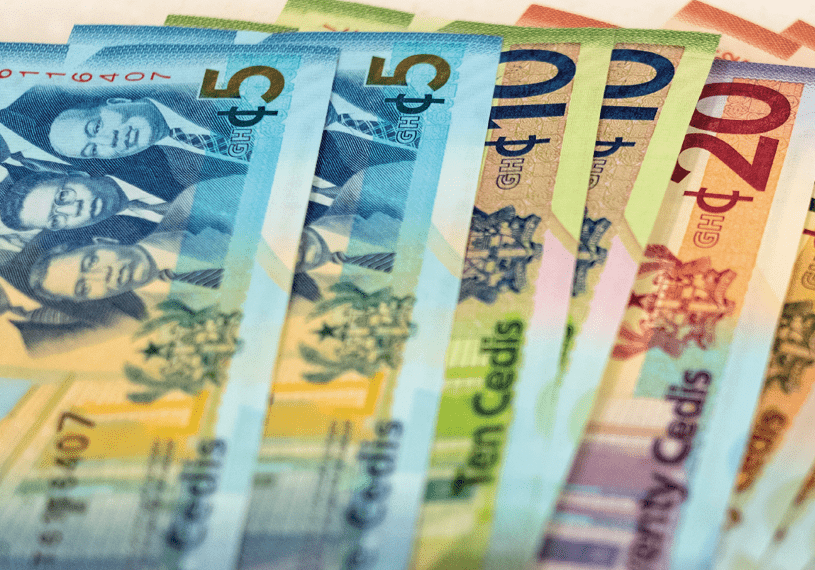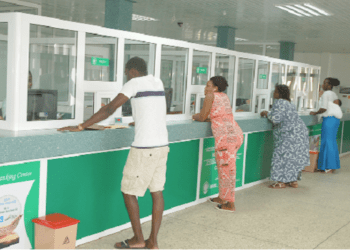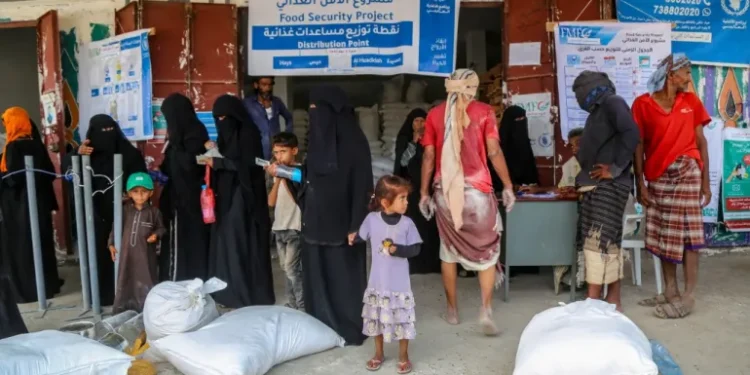According to the latest tender results on the Bank of Ghana Bills, the government continues to borrow intensively on the domestic market to finance its short-term financial obligations.
The central bank mobilized GH¢1.07 billion from the short-term instrument at an auctioned rate of 14.42 per cent. The monies are expected to be loaned out to the government by the Bank of Ghana to support its short-term financing needs.
Interestingly, the price of the domestic instrument is currently lower than it was a few months ago. For the time being, it has also saved the government some money due to the reduction in the interest rates to the government.
There are fears that the current trend could prevent enterprises and household customers from obtaining loans to inject into their working capital or operations due to the government’s high dependency on domestic sources of funding since the Euro bond market is closed to Ghana for, at least, the first half of 2022.
Patrick Abankwah Baah, a savings and investment expert, posited that the domestically focused financing of the government could have several consequences on businesses in the country.
“The government in effect will be fighting with businesses who need excess funds from people who don’t really need them now to be used as against expanding their businesses. So, people would now be forced to push their funds into the government bills because it is safer.
“Anyone that is doing business, the first thing he wants to talk about is the safety of the business or safety of the investment. So, people are comfortable doing business with the government. And its effect, government will end up crowding businesses out of the excess funds they need to expand their businesses.”
Patrick Abankwah Baah
Cushion Against Local Currency Depreciation
In addition, in the first quarter of this year, the Bank of Ghana will hold an auction for $450 million dollars. The move is expected to boost the local currency’s performance against the dollar.
Besides rising demand for Foreign Exchange (FX) by importers that has triggered a sharper depreciation of the cedi against the US dollar, another development, according to the central bank, that has fostered the situation is some foreign investors’ decision to pull out due to debt sustainability concerns.
“Increased concerns about the strength of the recovery and the stronger US dollar have exerted currency pressures in some emerging market and frontier economies. Consequently, policy rates in some emerging market countries have been hiked to counter rising inflation.
“The country’s sovereign bond spreads widened markedly over the period as investor sentiments shifted based on fiscal and debt sustainability concerns, prompting some sell-offs by investors with spillovers on the domestic foreign exchange market. This triggered some currency pressures in the past two months as demand for the U.S. dollar increased.”
Bank of Ghana
Despite the depreciation, the Bank of Ghana is optimistic that its foreign exchange buffer is strong enough to keep the local currency stable.
“However, the adequate reserve level provided a buffer and supported a much slower depreciation pace compared with pre-pandemic levels. In the outlook, the Committee is of the view that the strong reserve buffer level should provide some assurance to the market and help abate investor concerns, as the country’s external payment position remains strong.”
Bank of Ghana
READ ALSO: SSNIT Officials Implicated In The $11.79 Million Pension Investment Loss To Be Sanctioned























